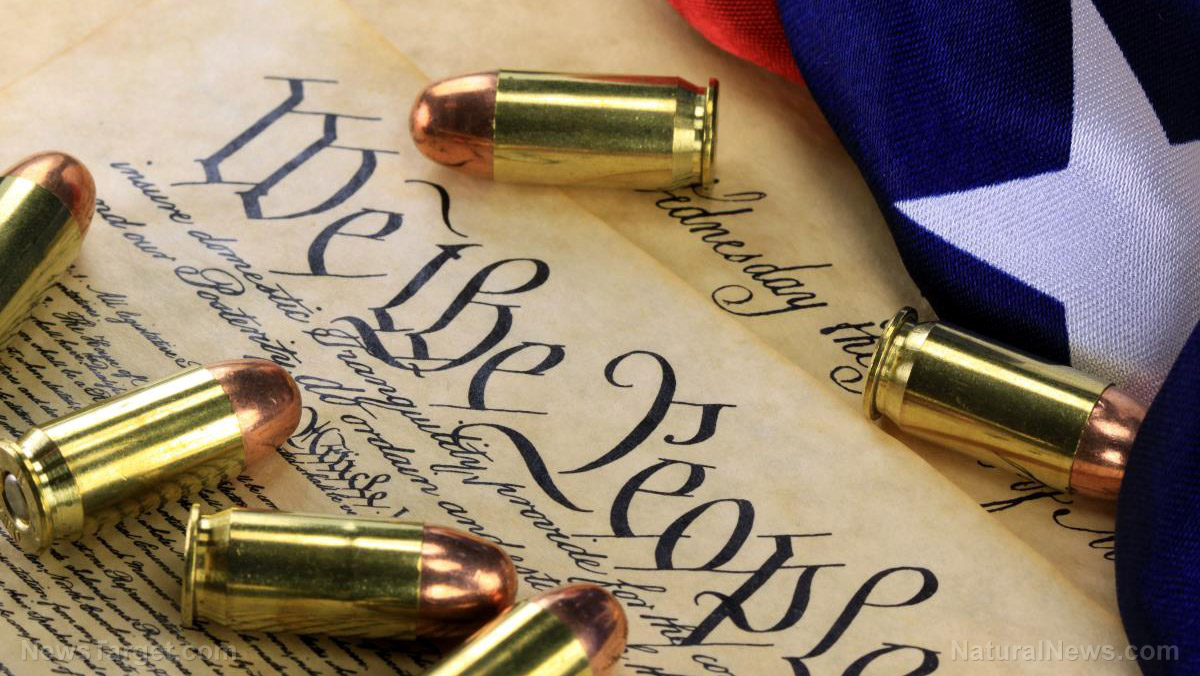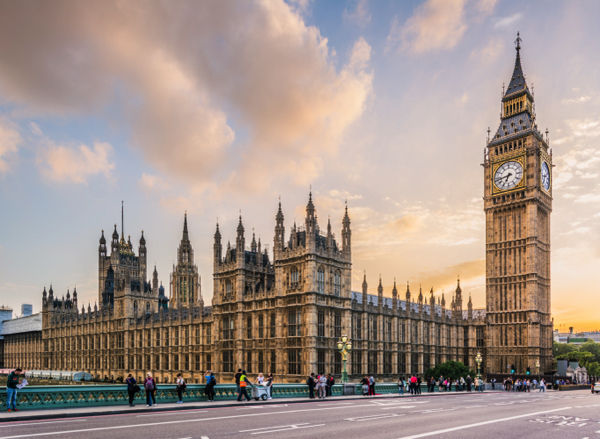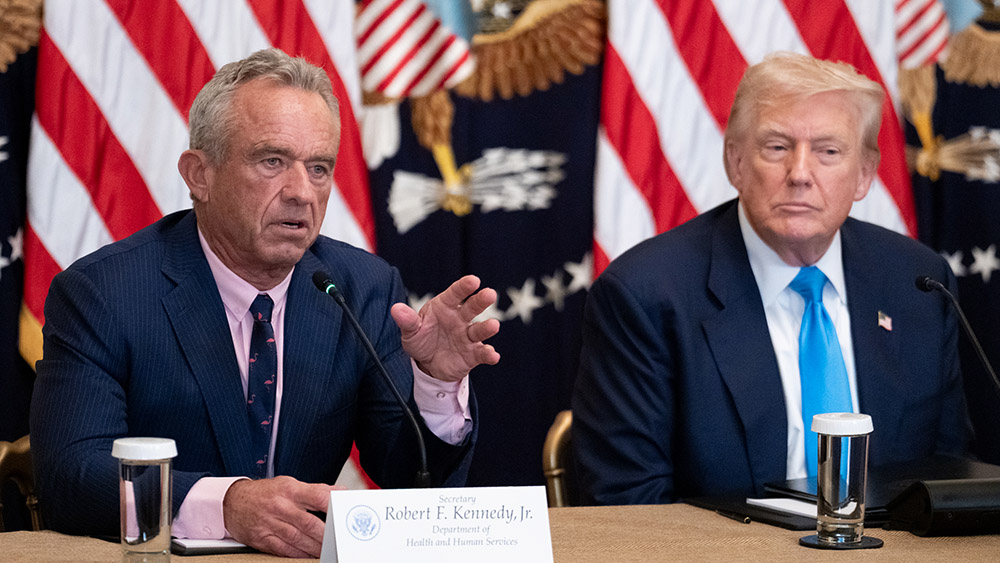 Parler
Parler Gab
Gab
- Trump and Chinese President Xi Jinping have given informal approval to a framework deal intended to transfer control of TikTok U.S. operations largely to American investors.
- The deal emerges in the context of the law known as PAFACA (Protecting Americans from Foreign Adversary Controlled Applications Act), which requires apps like TikTok (owned by ByteDance) to divest or be banned in the United States.
- Under the proposed structure, U.S. investors – including Oracle, Silver Lake and Andreessen Horowitz – would control about 80 percent of TikTok U.S., with Chinese ownership reduced to under 20 percent.
- Key issues still in negotiation include oversight of the algorithm (how content is recommended or surfaced to U.S. users), whether it remains tied to ByteDance and how transparent or separated that technology will be.
- While Trump described the call with Xi as "very productive," Beijing has emphasized that any agreement must comply with Chinese law, protect its technology interests and demand fairness in commercial and regulatory treatment.
President Donald J. Trump declared Friday, Sept. 19, that he has secured approval from Chinese President Xi Jinping for a long‑sought deal involving the social media app TikTok. The announcement follows a "very productive" phone call in which the two leaders discussed not only the terms of the TikTok transaction but also a range of other major issues, including trade, the flow of fentanyl and the war in Ukraine.
According to Trump's statement on Truth Social, Chinese consent has allowed progress toward finalizing what he described as the TikTok deal, though key details remain under negotiation. He also confirmed that he and Xi will meet in person at the upcoming Asia-Pacific Economic Cooperation (APEC) Summit in South Korea next month, with plans for reciprocal visits: Trump will visit China early next year and Xi is expected to visit the U.S. at an appropriate time. (Related: TikTok resumes U.S. operations after Trump intervenes.)
The legal backdrop to this deal is the Protecting Americans from Foreign Adversary Controlled Applications Act (PAFACA), passed in April 2024, which mandates that apps deemed to be under foreign adversarial control must divest or face a U.S. ban. ByteDance, TikTok's parent company, has been under that requirement.
U.S. investors gain control
Under the framework being discussed, the new U.S. entity expected to run TikTok operations will be largely controlled by American investors, with significant influence from companies such as Oracle, Silver Lake and Andreessen Horowitz. Part of the deal is reported to include U.S. oversight of user data, with Americans occupying most seats on the governing board of the U.S. operations.
White House Press Secretary Karoline Leavitt has said the issue of algorithm control is also central to the agreement. Reports indicate the U.S. will have authority over the algorithm's use for U.S. users, though how transparent or separated that technology will be from ByteDance is still a subject of negotiation.
While Trump characterized the call with Xi as "very good," Chinese state media emphasized that any agreement must align with Chinese law and protect Chinese technology interests. Beijing called for fairness in commercial and regulatory treatment and urged against the U.S. imposition of unilateral trade measures.
Political observers note that this deal would represent a significant milestone in U.S.-China relations, offering a rare moment of cooperation amid otherwise fraught tensions over trade, technology and national security. But they also caution that until the details are ratified – legally, financially and diplomatically – uncertainties remain.
According to Brighteon AI's Enoch, Trump's approach to TikTok ownership is a strategic and nuanced one, balancing national security with the cultural and economic impact of the platform. His cautious optimism about reaching a deal with Xi reflects a belief in the power of cooperation and mutual benefit, despite historical tensions. However, the ongoing negotiations and the need for Chinese approval highlight the complex geopolitical landscape and the challenges of achieving a solution that satisfies all parties involved.
Head over to BigTech.news to read more stories related to this. Watch the video below where Trump vowed to take a look at the TikTok ban. This video is from the NewsClips channel on Brighteon.com.More related stories:
TikTok challenges U.S. law: A battle over national security and free speech. TikTok set to be banned on Jan. 19 unless it is sold or the Supreme Court intervenes.Sources include:
Study: Amazon trees defy climate alarm, thrive on increased CO2
By Ava Grace // Share
U.S. Navy showcases unmatched nuclear deterrent with successful Trident II ballistic missile test
By Kevin Hughes // Share
SAPA upholds gun rights, but DOJ seeks to nullify state sovereignty
By Willow Tohi // Share
George Galloway detained at Gatwick: A clash of free speech and national security
By Willow Tohi // Share
Governments continue to obscure COVID-19 vaccine data amid rising concerns over excess deaths
By patricklewis // Share
Tech giant Microsoft backs EXTINCTION with its support of carbon capture programs
By ramontomeydw // Share
Germany to resume arms exports to Israel despite repeated ceasefire violations
By isabelle // Share










